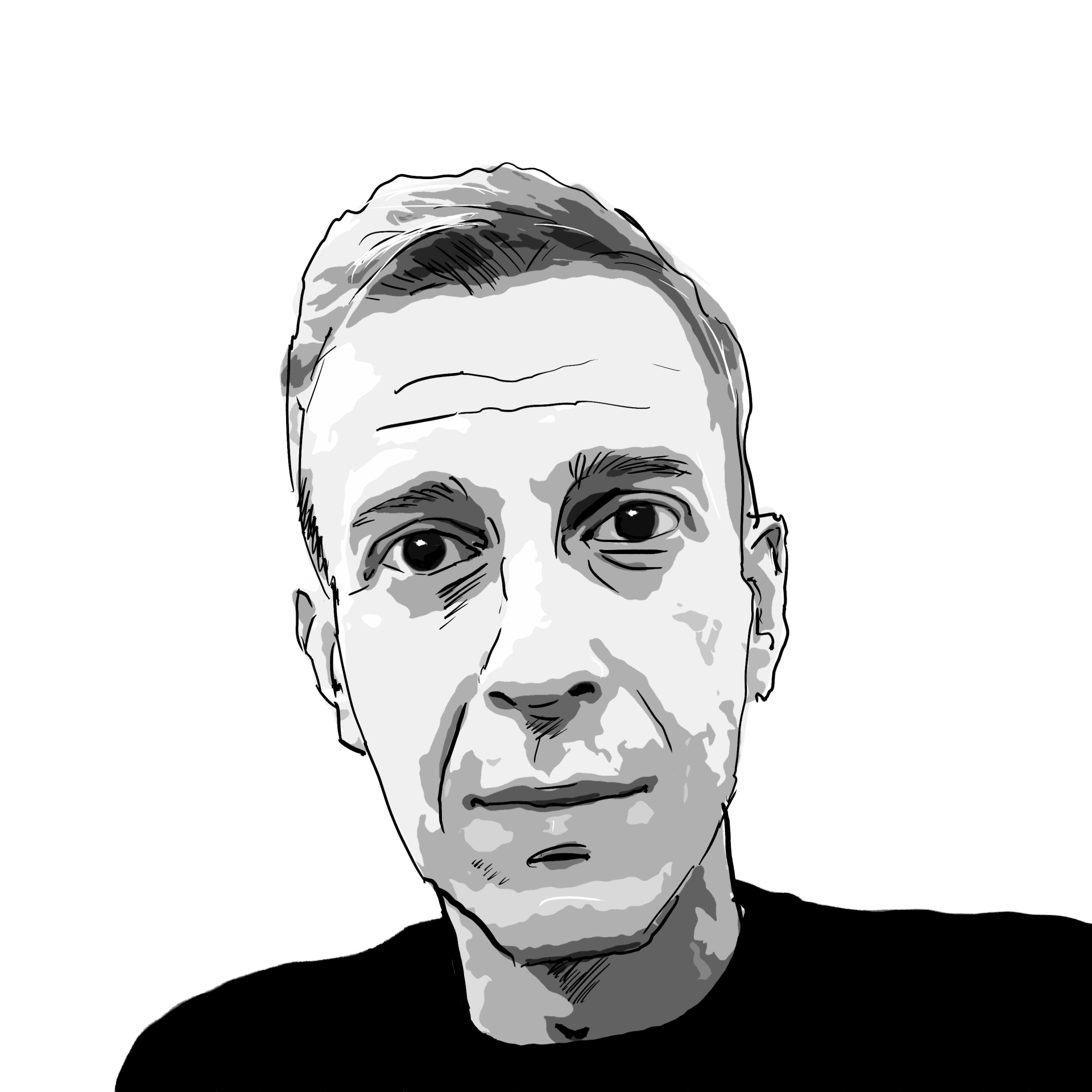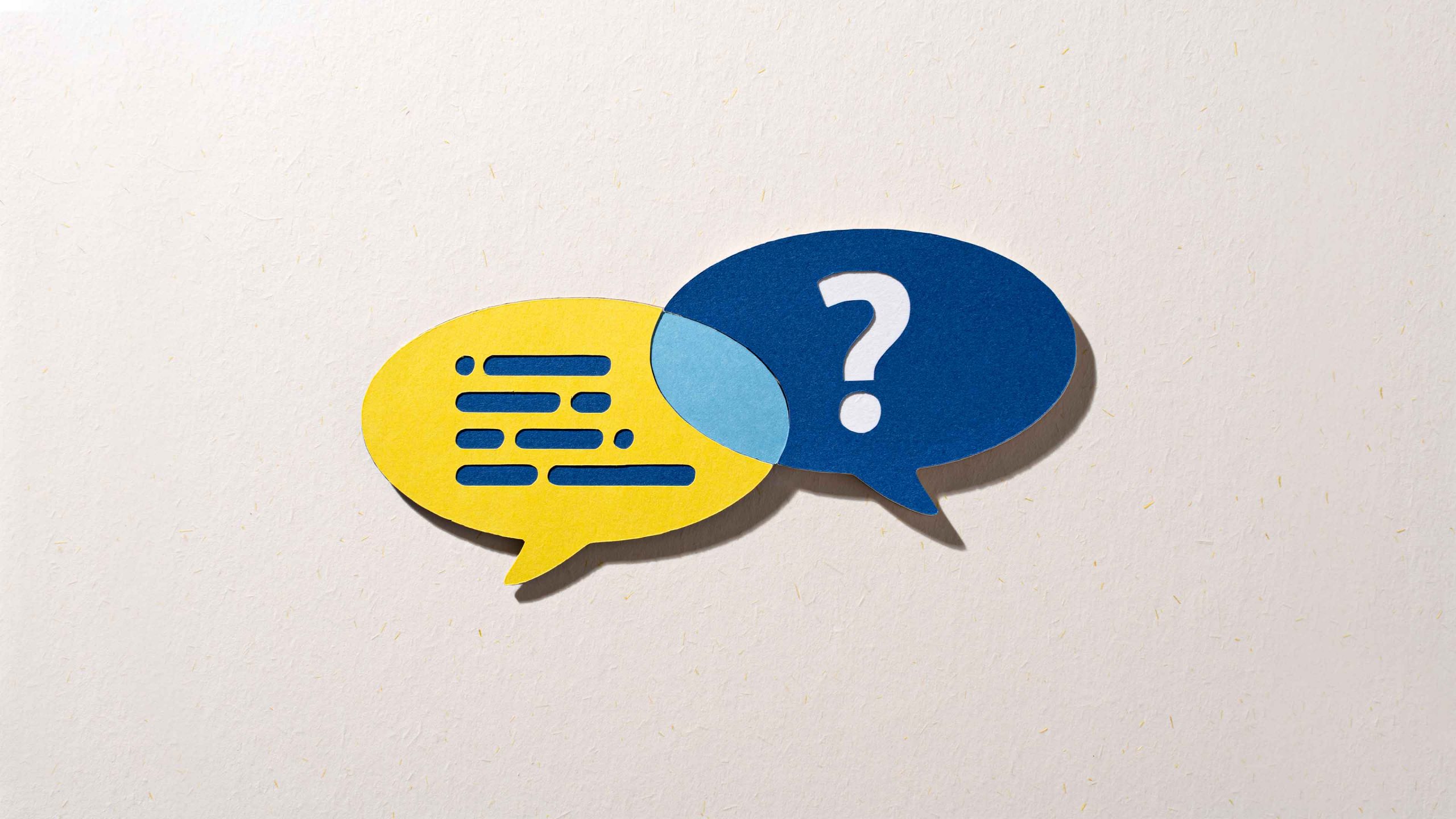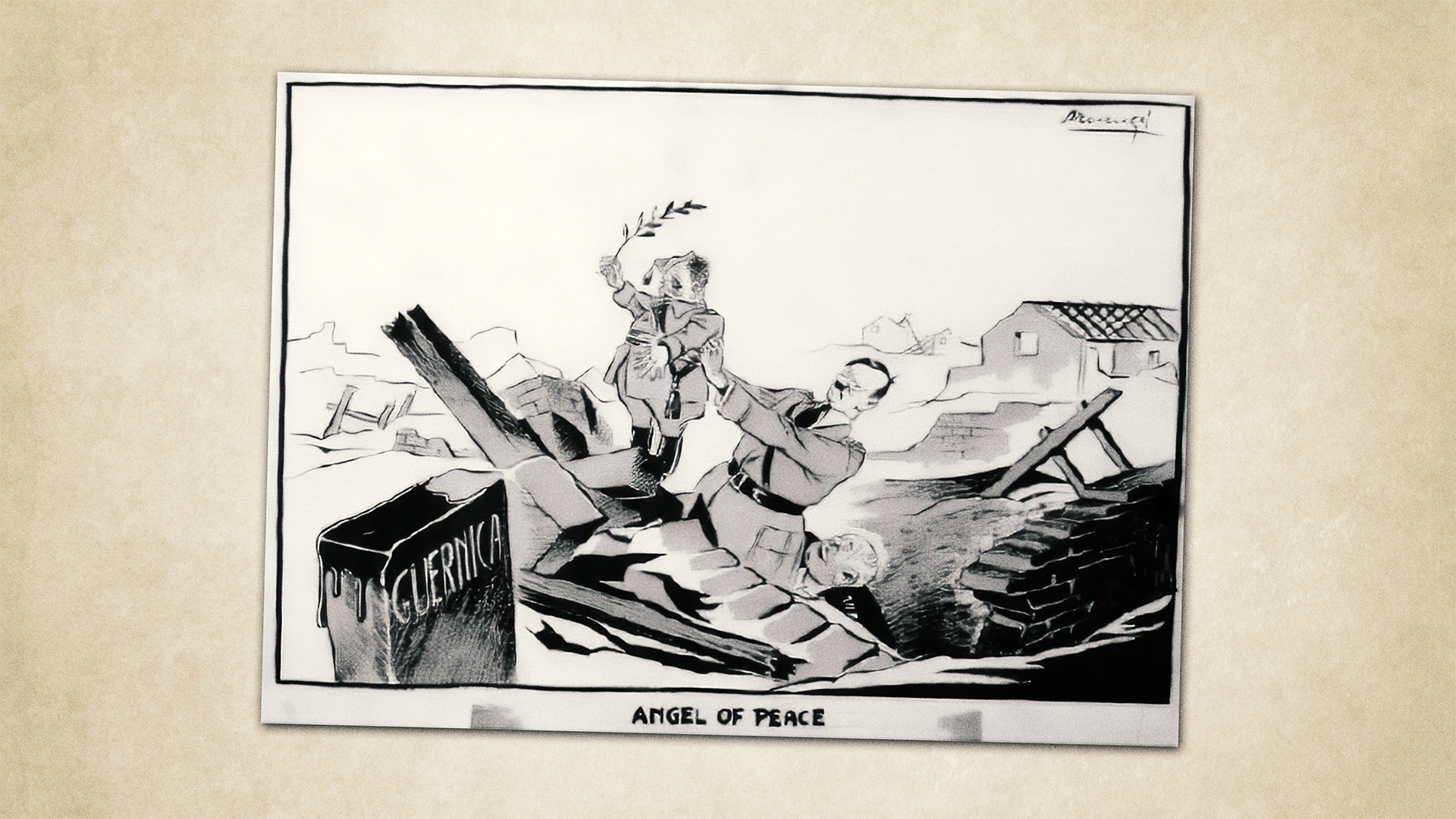Throughout history, the way that humans communicate has been impacted by seismic, linguistic events. There was the invention of writing that allowed our lives to be recorded for the first time. The printing press disseminated these stories to a vast audience. Then the internet allowed this written information to be instantly accessed by everyone, anywhere in the world.
And now, hot on the heels of this last one, we’re currently living through another linguistic inflection point. The algorithms that dominate our lives online are changing language swiftly and radically.
This “algospeak”, driven by the terms we use on social media, is transforming language faster than at any point in human history. New words are adopted, redefined, adapted or invented at an extraordinary rate, picked up then tossed aside before many of us even realise they exist. These terms and phrases are established for a variety of different reasons: evading censorship, strengthening societal bonds or sheer playfulness. And, as a consequence, language will never be the same.
These are the thoughts and findings of Adam Aleksic in his book Algospeak: How Social Media is Transforming the Future of Language. Aleksic is also known as @Etymologynerd to his millions of social media followers on Instagram and TikTok. As a creator of short-form videos, he’s in the social media trenches himself, commenting on linguistic quirks while witnessing them first-hand on the posts around him.
“The algorithm is obviously rerouting our language,” Aleksic tells me. “I see language as a beautiful human tendency to express ourselves and creatively say what we want to say. I do think language is a proxy for culture. So while the words themselves aren’t bad in any way, I think they do reveal these greater social patterns that are concerning.”
Aleksic opens the book by discussing the term “unalive”. The word was used on social media platforms by young people discussing suicide or death, knowing those words are often repressed by algorithmic filters, requiring a euphemism to fill in the gap.
Suggested Reading


Making an everything machine
The word was first used in a 2013 Spider-Man comic, then memeified online, before being picked up by kids who began to use it in general conversation. But when a Seattle museum used the term in a display discussing the death of musician Kurt Cobain, a controversy raged. People took exception to the term being used in that context.
“Unalive, I think, was jarring to people because it referred to something so serious,” Aleksic explains. “This topic of death, of a suicide. And it used this kind of joking sound, a word that comes from a meme. It sounds a little goofy. And so, when you’re using it to describe something serious, there’s a valid feeling that it diminishes the importance of what we’re talking about.”
But, as Aleksic argues in Algospeak, the word has been adopted and widely used by young people, some of whom may have learned “unalive” before “suicide”. And some claim they feel more comfortable with the term than the more triggering “death” or “kill”. Future generations may use “unalive” as readily as the words it euphemistically replaced.
“It’s a very delicate linguistic navigation that we have to do,” the author tells me. “And there’s also that perception that it’s not sanitised or something. It’s not what the adults want you to be saying. So, by saying it, you’re signalling that I’m in this group and by using it correctly, by being fluent in this kind of slang, you’re demonstrating this performative in-group belonging.”
This use of slang to solidify social bonds is just one example of the linguistic revolution taking place.
We now name our summers (Brat Summer, Hot Girl Summer), identify movements as “-cores” (Barbiecore, Cottagecore), use memeified terms in regular speech (“It’s giving…”) and are Stans rather than fans. “Delulu” and “doomscrolling” have crossed over into mainstream speech. The word “rizz” (loosely meaning charisma or panache) was only coined in 2022, but proliferated online and was the Oxford English Dictionary Word of the Year in 2023.
And as Algospeak explores, these words often have fascinating origins.
Dale Shaw is a TV and radio writer, journalist, screenwriter and musician



